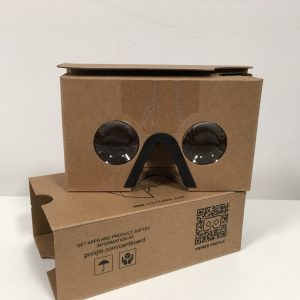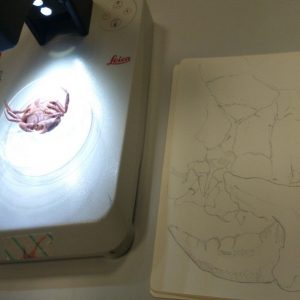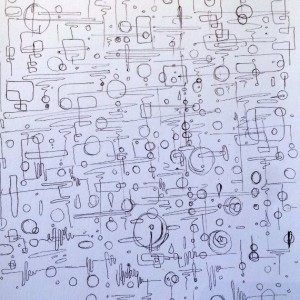Lego© has been successfully used within Learning and Teaching across BU as well as developing stronger teams. CEL are offering Lego© workshops with two of our experts, Susanne Clarke and Tim Gale on both campus sites. Come, experience the process and consider how you may use Lego in your own research, education or professional practice…. Read more » about Coming up! Facilitating with Lego©, using strength based methods
Visual learning
Call to Action: Universities must focus on innovation that embeds kindness, and humanized approaches. How BU is leading the way.
Susanne Clarke and Laura Roper were delighted to be offered the opportunity to present at the AUA2018 conference. We headed off, booked into our hotel, which incidentally we found we were sharing with the Italian Football team – we have pictures if you are interested. The focus of the conference was Higher Education beyond Brexit,… Read more » about Call to Action: Universities must focus on innovation that embeds kindness, and humanized approaches. How BU is leading the way.
Facilitating with Lego
Join Susanne Clarke and Curie Scott for a Strengths Based Approach to using Lego © (can be used with other artefacts!) to support conversations, generate ideas and support team working. We will look at appreciative approaches to supporting conversations and activities, using a three step approach to using Lego, confidence in using Lego, developing creativity… Read more » about Facilitating with Lego
VR Education- Research Update

I am Heidi Singleton, a BU PGR with CEL. I joined in September 2017 and am at the Initial Review stage of my PhD. My supervisors are Debbie Holley, Jaqueline Priego and Liz Falconer. Here is a summary of my research so far… My PhD is researching… -how to design and operationalise a flipped… Read more » about VR Education- Research Update
Drawing Slow: 20-60 minutes

In the previous post, I provided some examples of creating fast drawings during taught sessions. Here, I am going to present some ideas of slow drawing which will take 20-60 minutes. Several are examples of observational drawing where what is observed is drawn which facilitates a deeper seeing. This happened during life drawing classes incorporated… Read more » about Drawing Slow: 20-60 minutes
Why doodle? Why not?

On scraps of paper. In the margins. Over leaflets. In meetings. In waiting rooms. In trains. In lectures. In seminars When we are waiting or listening, many of us doodle. Forming, re-forming and editing the lines, shapes and flourishes. But how do you feel when you glimpse students’ doodles during your riveting lecture or seminar?… Read more » about Why doodle? Why not?








